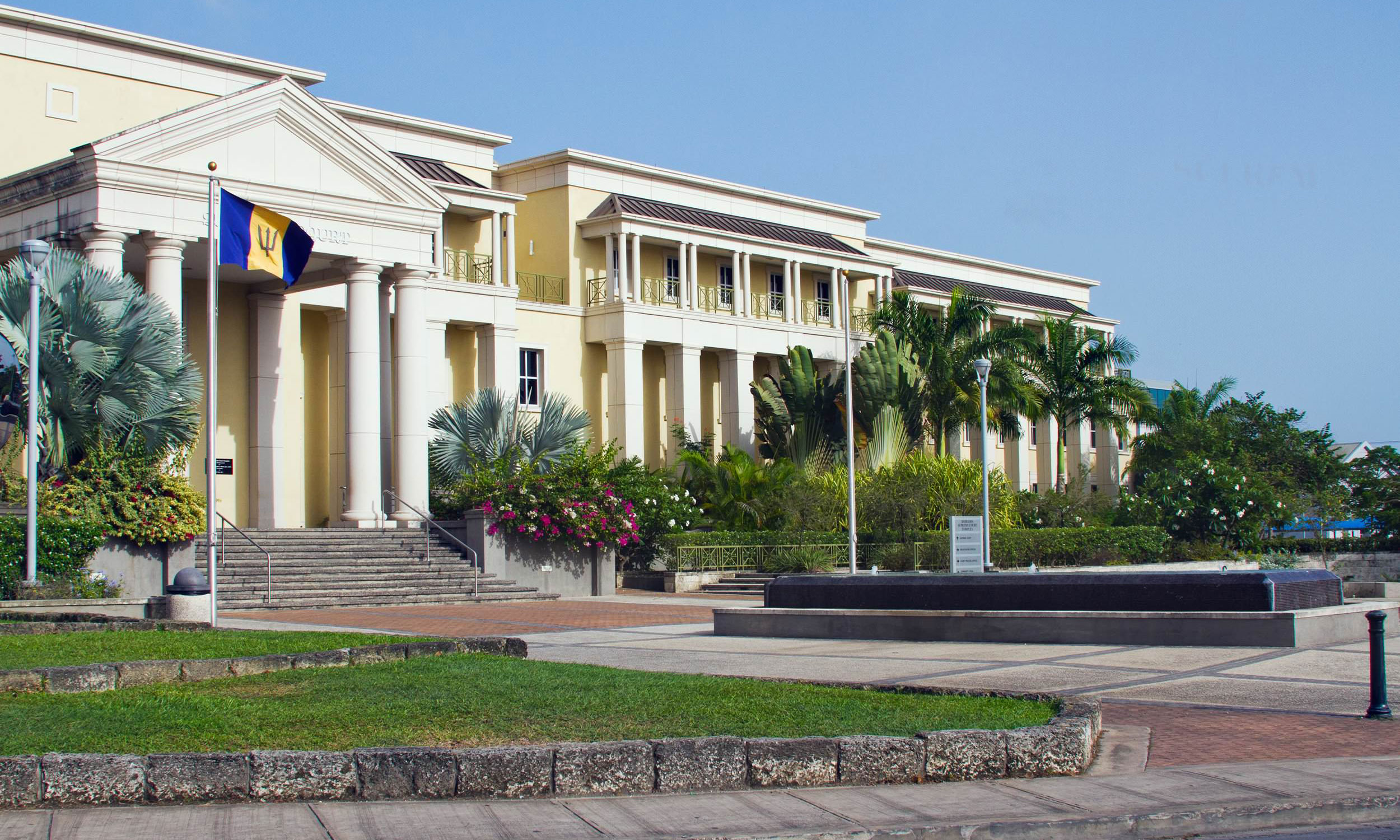People who commit crimes and are brought before the law courts are among the least favoured in our society. Many people operate on the maxim that you “do the crime and you do the time”.
We are aware, however, that issues are seldom as simple or cut and dry as they may appear at first instance. There are many reasons why some people find themselves in conflict with the law and conversely there are reasons why others commit crimes and never face judgement before our criminal courts.
Societies by their nature are not level playing fields and some of our citizens are clearly more equal than others, and thus reap the benefits of those privileges.
Those who have access to wealth and other resources, as well as those who are connected to the powerful could find ways to escape the sanctions of our legal system.
The United States of America (USA), which is definitely not the benchmark for addressing criminal or penal reform, has the infamous global record of having more of its citizens imprisoned than any other country in the world.
According to published data from the Bureau of Justice Statistics, more than 1.2 million people were incarcerated in the USA in 2021.
Moreover, the global superpower and international watchdog for democracy and fair play, also holds the unenviable record of having the world’s highest level of recidivism.
The ugly numbers from studies undertaken in 2021 by the Bureau of Justice Statistics, showed that 66 per cent of people released from prisons in 24 different states in 2008 were re-arrested within three years. This situation often led to further incarcerations.
“Although these rates are dropping, rearrest and reincarceration rates are notably high. Young people are more likely to be reincarcerated; however, the severity of the crime for which the individual was originally convicted had no effect on recidivism rates,” the organisation noted.
We have been told about the prison industrial economy of the US in which an entire industry is built around the incarceration of people, who for the most part are black men and people of colour.
The free prison labour in mainly privately managed facilities is used to help finance the production processes for some of the biggest American brands in food processing and other areas.
This is an important segue for discussion on how we in Barbados manage our prison system and how we treat those who find themselves incarcerated in Dodds prison, either from final adjudication of their matters or are placed on remand until they benefit from bail or until their criminal matters are completed.
On a recent episode of the Marcia Weekes Online Show several allegations were made about the treatment of prisoners, particularly, those on remand. Importantly, these are not unfamiliar charges.
Attorneys-at-law have complained about the conditions which ranged from shockingly low levels of food to sustain inmates, lack of prison clothing, long delays in response to serious medical complaints, and the list goes on.
In the most recent case, a mother exposed concerns about her son who is on remand, for whom she has been unable to secure the hefty bail offered by the court.
As a civilised country, we must address the matter of how we treat prisoners and our human rights obligations.
Prison is expected to be a place of punishment, but it is also expected to be a place where those who have run afoul of the law are also rehabilitated.
Our desire as a country should be to reduce the level of crime, cut the number of people we have to support in our prisons system, and bring about a change in behaviour to ensure prison does not simply become a revolving door.
With the number of young men finding themselves before the criminal courts on a daily basis, at some point, the country will have a day of reckoning unless the conditions are created for rehabilitation of these young men.
They will not be incarcerated forever and will return to the societies from which they came. The society has to decide whether they want rehabilitated young men or ones who return angrier than they were on entering the penal system and, therefore, have nothing to lose.




